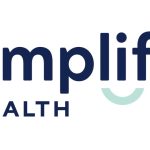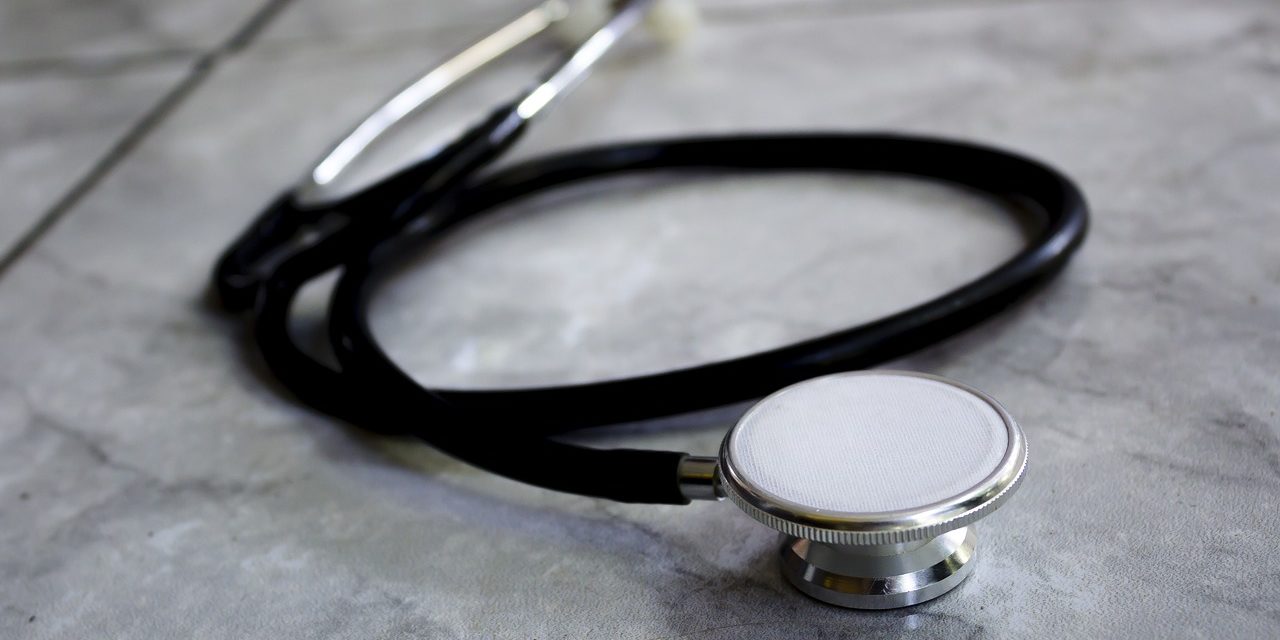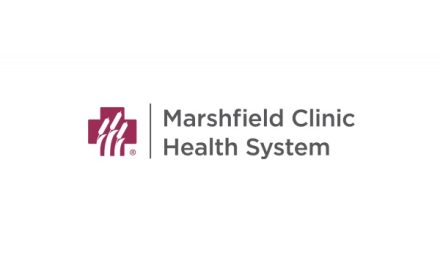
BadgerCare Plus ER copays for non-emergency care go into effect

The Department of Health Services recently started requiring childless adults enrolled in BadgerCare Plus to cover copayments when their emergency room visits are deemed not an emergency.
The policy, required under state law and approved under a waiver from former Gov. Scott Walker’s administration, went into effect July 1, alongside other copayments for Medicaid and BadgerCare Plus members that were temporarily suspended since the start of the year.
The suspensions were due to system changes to ensure that members enrolled in the programs were not charged premiums and copays above 5 percent of their monthly income, per federal cost-share limitations.
The emergency room copay for nonemergency visits applies to BadgerCare Plus members between the ages of 19 and 64 without dependent children. They’ll have to pay $8 for visits that providers determine are not emergencies.
Under federal regulations, providers have to screen and stabilize patients who enter the emergency room before they can be reviewed for copayments. Providers then have to determine whether the copay will apply. If it does, they have to tell the member before offering additional services subject to the copay, DHS spokeswoman Elizabeth Goodsitt wrote in an email.
“If the condition is not emergent, providers must also inform the member about other settings in which the member could receive services,” she wrote. “Copays are typically collected by providers at the point of service or shortly after.”
Eric Borgerding, Wisconsin Hospital Association CEO, said they appreciated DHS’ efforts to accommodate their concerns, but the Legislature’s goal of reducing inappropriate emergency department utilization won’t be achieved through the policy. Rather, the copay will increase bad debt for hospitals, he said.
“Federal law restricts a hospital’s ability to discuss payment requirements before the patient has received a screening exam and any necessary stabilizing treatment and hospitals are limited in their ability to collect copays from low-income patients,” he said in a statement. “There are better, proven strategies to encourage appropriate care utilization, and we still firmly believe that if ED copays are such a great idea, then they should be payable to and collected by the state. As it stands, it won’t reduce ED utilization and will simply amount to a reimbursement cut to hospitals.”
He said they’ll continue to work with lawmakers and DHS on policies, like provider intensive care coordination programs, that would help reduce inappropriate emergency room use.
William Parke-Sutherland, health policy engagement coordinator at Kids Forward, said the copayment adds “a lot of burdens, complications, confusion for patients, for hospitals, for providers.”
“We’re concerned that it’ll deter people from seeking care even in emergency situations,” he said. “Increased cost-sharing leads to delaying care for emergencies and leads to more unmet health needs.”
Parke-Sutherland said they’re also concerned that it could increase inequitable care since it’ll be up to providers to judge what constitutes an emergency.
Studies have shown that Black patients are less likely to be believed about their pain levels of their symptoms and more likely to be undertreated or receive worse care, he said.
“This policy creates an opening for inequitable impact that could result in Black and Brown Wisconsinites being forced to pay copays more frequently than white people who might come in with the same symptoms, be believed and not accessed a copay,” he said.
The copayments are part of a waiver approved in October 2018 by the federal government that include premiums and work requirements.
Both of those policies are on hold due to a state law passed in the wake of the COVID-19 pandemic that was necessary to obtain enhanced federal matching funds for Medicaid.





